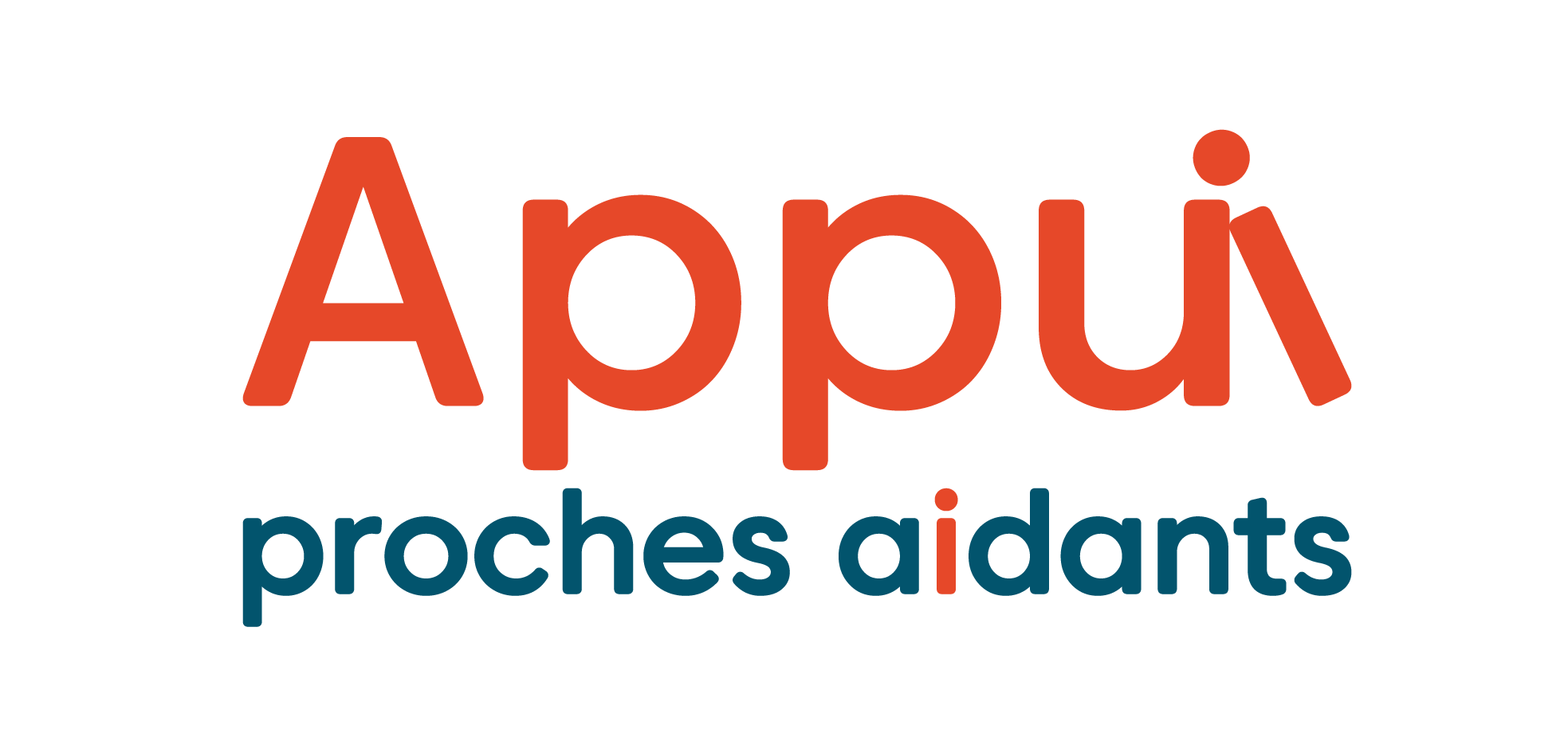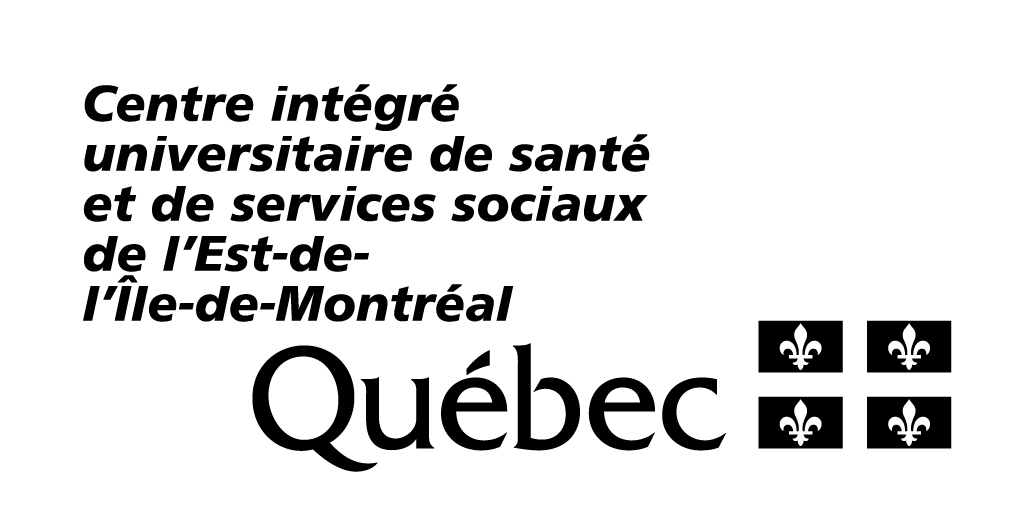Confidentiality and professional secrecy
You may have questions about how confidentiality and professional secrecy apply to health care. You may have even experienced tension with your loved one or members of the care team regarding these concepts.
Although confidentiality and professional secrecy are important concepts supported by law, they can be perceived as major obstacles for those close to a person with a mental illness. As a key person providing routine support, it may seem incomprehensible and unacceptable to not have access to certain information regarding your loved one and their illness. To ensure you have a good understanding of confidentiality and professional secrecy, below you will find information regarding the legal foundation and practical application of these concepts.
Confidentiality
In Quebec, the Civil Code establishes common law and serves as the basis of various statutes. The principle of confidentiality is based on a person’s rights to inviolability and respect for their privacy, as set out in Article 3 of the Civil Code. Confidentiality refers to information for which access is limited to those who are entitled to it.
Without your loved one’s permission, the law states that no employee or professional working or practicing in a health and social services institution or in a community organization may give you confidential information about your loved one. This principle applies to information that is written or verbally communicated and/or contained in a person’s file.
Professional secrecy
In addition to the obligation of confidentiality imposed on all stakeholders in the health and social services network and in the community, all members of a professional order are obliged to adhere to professional secrecy. This means they are not allowed to give you personal information about the person you are accompanying, including information about their diagnosis, test results, treatment and evaluation.
Please note that you can provide information about your loved one to a professional at any time. You may request that this information not be shared with your loved one. However, it is important to understand that professionals are required to maintain a therapeutic alliance with users of their service. This means that they cannot guarantee that they will not share this information with your loved one. Health professionals are compelled to act in the best interest of their patients.
Exemptions
There are two situations in which an employee or professional can break the rules of confidentiality and professional secrecy :
- When your loved one provides verbal or written authorization for them to give you information
- Or when one of the following exceptions applies :
- when it comes to preventing an act of violence
- when a person is placed under institutional confinement (to inform the legal representative of the confinement, its end date and the care plan)
- when an adult is incapable of consenting to receive care (subject to legal procedure)
- when the safety or development of a minor child is compromised
The difference between confidential and general information
Unless your loved one has provided authorization, you may not be able to obtain any confidential information pertaining to them. This includes anything specifically related to their medical file, such as observation notes or outpatient treatment plans for their rehabilitation within the community.
In this case, members of the care team still have the right to give you general information about the mental disorder itself and the services provided by the institution or your local community organization.
They also have the right to give you practical advice on how to deal with your loved one’s symptoms and difficult behaviours. Feel free to ask them questions of this nature.
Winning strategies
You can implement winning strategies to foster a relationship of trust between you, your loved one and the professionals on their care team. With your loved one’s permission, you can be actively involved in your role as an assistant to their recovery while respecting professional boundaries.
Taking into account the principles of confidentiality and professional secrecy, here are some winning strategies to encourage collaboration :
- When possible, talk openly with your loved one about the possibility of getting involved in their treatment.
- If they agree, ask them to notify the care team so those involved can give you confidential information about your loved one, including information about their diagnosis, medication, etc.
- Reassure your loved one regarding your level of involvement by pointing out that you won’t need to know all the details of their treatment, simply the ones that will allow you to fully understand the problem and provide support throughout the various stages of their recovery.
- For a variety of reasons, your loved one may be uncooperative and refuse your help. In this case, you can call on the main person on their care team to request assistance. Sometimes it’s easier to have someone outside of the family explain to your loved one the importance of your involvement.
- Tell your loved one’s care team that you understand the concepts of confidentiality and professional secrecy and their reservations in this regard. Remember, they are unable to break their professional commitment.
- Aide in gathering information by working with professionals to provide verbal or written information about your loved one’s behaviour and attitudes. Choose the best time to share this information based on everyone’s schedule. Verbalize your concerns and worries about your role as an assistant.
- Check to see if the care team has specific expectations of you and let them know your boundaries in terms of the support you can offer your loved one (accommodation, daily involvement, financial support, etc.).
It’s best to remain calm and positive. Even if your loved one refuses to allow their care team to share confidential information with you, they may change their mind over the course of their treatment. Collaborative relationships can take time to build.
In short, health care professionals are obliged to adhere to confidentiality and professional secrecy. However, remember that you have the right to share information with them that can support and facilitate your loved one’s recovery.
This includes :
- asking to collaborate with your loved one and their care team
- adhering to the principles of confidentiality and professional secrecy
- being actively involved in sharing information about your loved one
- setting boundaries as an assistant in your loved one’s recovery
- being patient and respecting your loved one’s choices
Taken from Le guide d’information et de soutien destiné aux membres de l’entourage d’une personne atteinte de maladie mentale, p 15-17, Institut universitaire en santé mentale de Québec, February 2012. https://www.ciusss-capitalenationale.gouv.qc.ca/sites/default/files/guide-soutien-membre-entourage.pdf






























